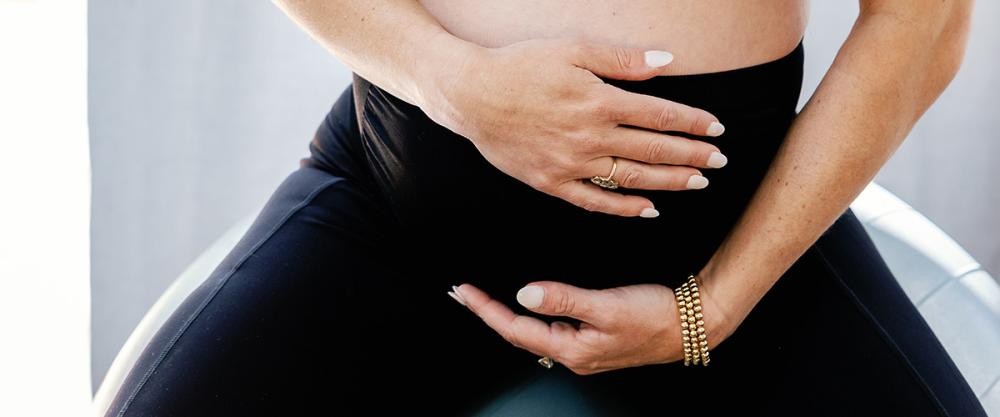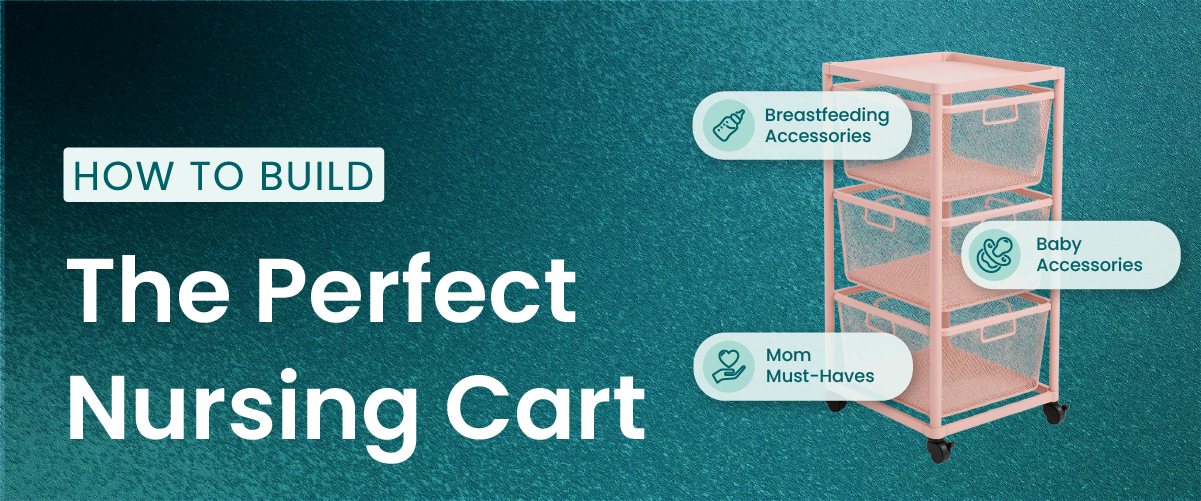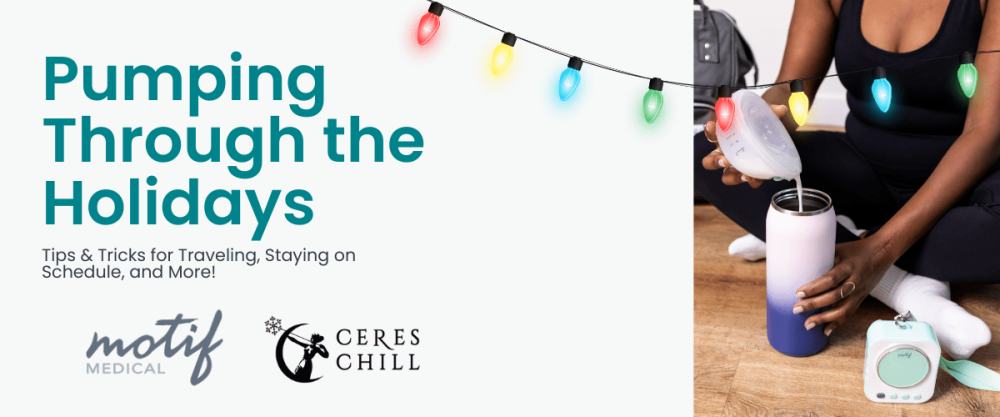Growing a new person inside of you is exciting, but it can also be exhausting. Pregnancy fatigue is often one of the first signs of pregnancy, and the first trimester and third trimester are notorious for that can't-keep-your-eyes-open tiredness. So what causes this common pregnancy complaint, and is there anything you can do to give yourself more energy?
What is Pregnancy Fatigue?
Pregnancy fatigue is experienced by most pregnant people and is one of the most common early pregnancy symptoms. Hormonal changes bring rising levels of progesterone and estrogen, which are to blame for the tiredness that can show up even before a positive pregnancy test. Morning sickness and frequent urination are other symptoms that tend to appear during early pregnancy. Both of which contribute to poor sleeping patterns and extreme fatigue. And if that's not enough, your circulatory system is also making big changes that result in lower blood pressure and lower blood sugar. These physical changes also play a part in that first trimester exhaustion that so many people experience during pregnancy.
The second trimester, which begins around 13 weeks of pregnancy, typically brings back your normal energy and motivation, but when the third trimester starts at week 28, most women report that the pregnancy fatigue has returned. Heartburn, hip and back pain, and restless legs can make sleeping increasingly difficult. Many people find it hard to get comfortable at night, and insomnia can keep them awake at odd hours of the night. Some people think of pregnancy's sleeping difficulties as nature's way of preparing you for life with a newborn, but even with that in mind, the lack of sleep can make the pregnancy seem to drag on.
How to Fight Pregnancy Fatigue
So if it's all a normal part of a healthy pregnancy, is there anything you can do about it? Of course, there is! One of the first steps is to establish a regular bedtime routine. Humans are creatures of habit, so it's important to develop a system that you use every night before bed. This will help your body and your mind prepare for a more restful night's sleep. Some people find a bath, lavender essential oil, a cup of chamomile tea, or meditation helps them to prepare for bed. Close your blinds to make your room as dark as possible and avoid the use of screens leading up to bedtime. Keep your surroundings quiet and peaceful to help you have a calm and restful night's sleep. Adding a magnesium supplement to your bedtime routine can also help keep leg aches and cramps away and help contribute to a more restful night's sleep.
While it may seem counterintuitive, adding exercise into your daily routine can also help you have more energy throughout the day. The natural endorphins that your body produces when you exercise create a euphoric feeling, and regular physical activity will also help you sleep at night. Studies show that people who exercise at least 150 minutes a week have fewer issues with insomnia. Regular exercise will also strengthen your heart health, which will help minimize the effects you may feel from your cardiovascular system changes during pregnancy.


Nutrition can also impact your energy levels. Keep a healthy diet consisting of whole foods and lots of protein and fresh vegetables. Drink plenty of water, aiming for at least half your body weight in ounces of water every day, and check your prenatal vitamin to see if it has iron added in it! Anemia, or low levels of iron circulating in your blood, will also make you feel tired. Anemia is frequently found in pregnant people, even if it isn't something they usually struggle with. Some people can add more red meat or leafy green veggies to their diet, but many find that they need an iron supplement to feel their best. Taking a B12 supplement along with your iron supplement will increase your body's ability to use the iron, so that might be another option to consider.
While pregnancy fatigue is a normal part of growing a healthy baby, none of us want to feel like we're sleeping through life. If you try these options and still feel like you are more tired than you should be, make sure to talk to your healthcare provider about it. Hypothyroidism, gestational diabetes, and depression can also contribute to extreme fatigue, especially if you're out of the first trimester and still experiencing these symptoms.
Sources
1. Supakatisant C, Phupong V. Oral magnesium for relief in pregnancy-induced leg cramps: a randomised controlled trial. Matern Child Nutr. 2015 Apr;11(2):139-45. doi: 10.1111/j.1740-8709.2012.00440.x. Epub 2012 22 August. PMID: 22909270; PMCID: PMC6860204.
2. Karolina Petrov Fieril, Monika Fagevik Olsén, Anna Glantz, Maria Larsson, Experiences of Exercise During Pregnancy Among Women Who Perform Regular Resistance Training: A Qualitative Study, Physical Therapy, Volume 94, Issue 8, 1 August 2014, Pages 1135–1143, https://doi.org/10.2522/ptj.20120432








